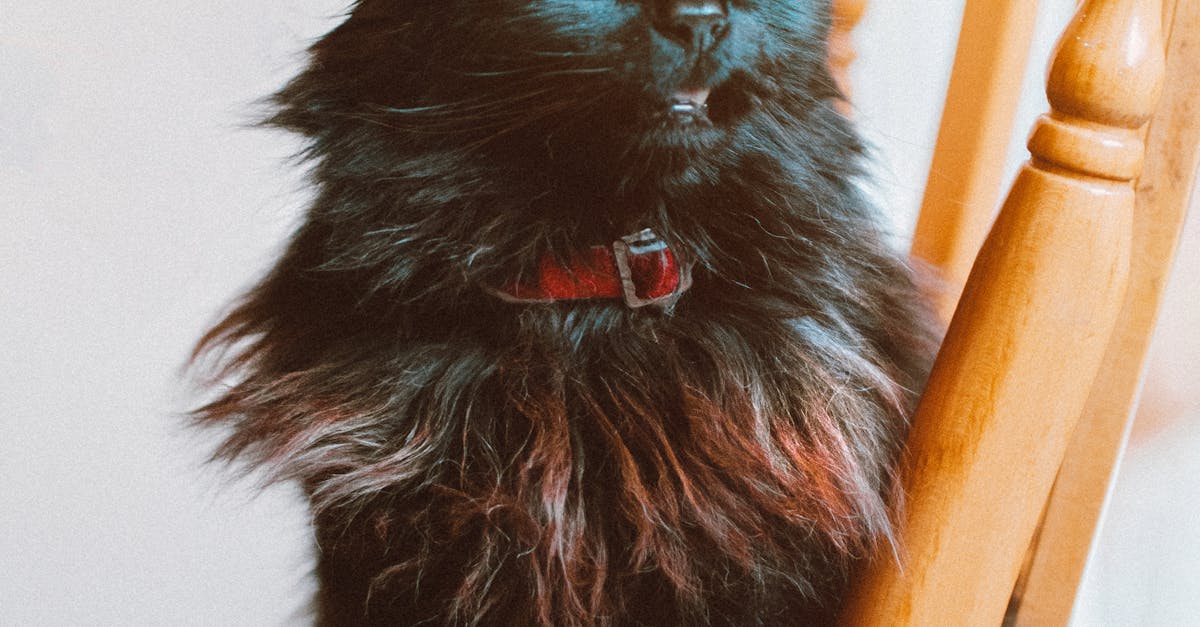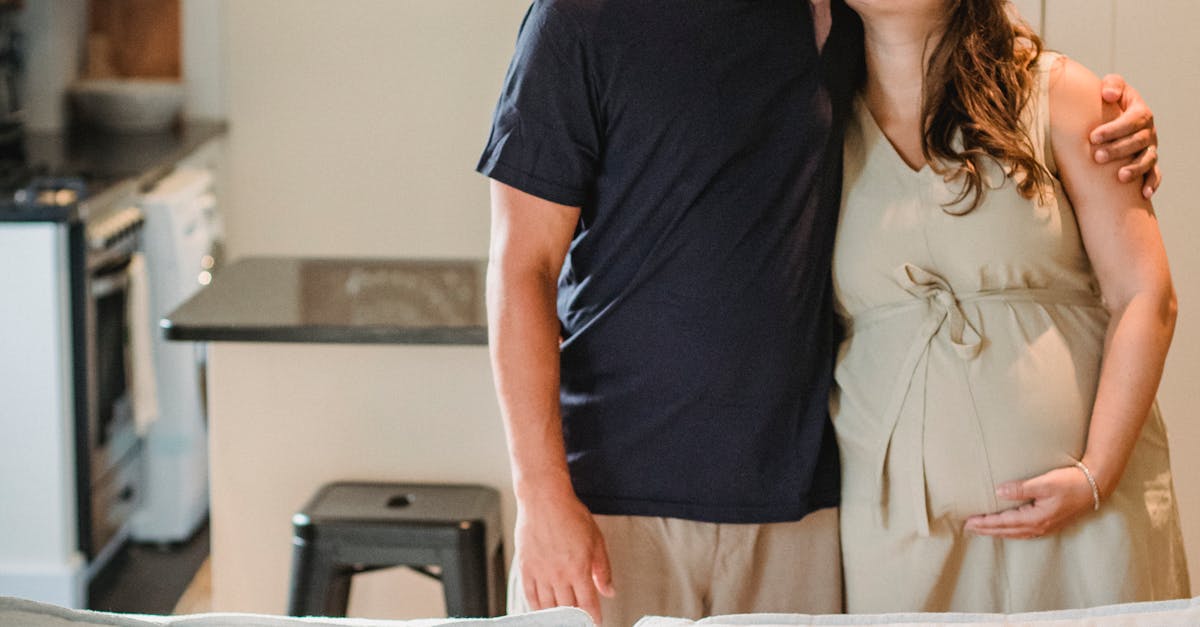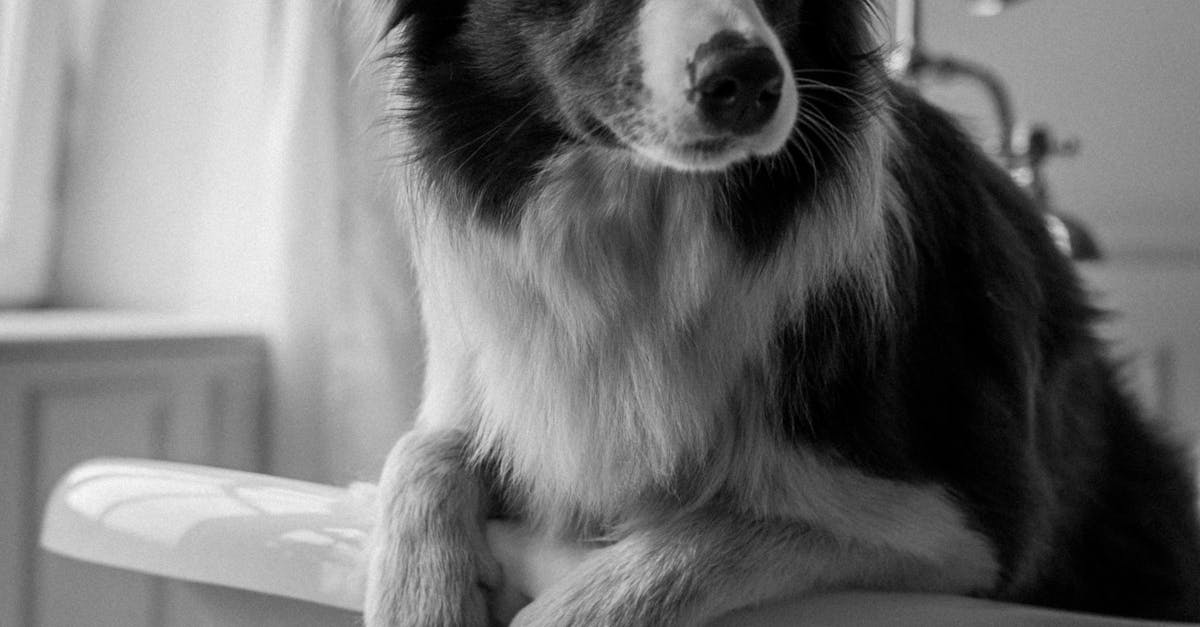Are you curious about Japanese dog breeds and wondering which one might be the best fit for your family? Japan is home to some of the most unique and loyal dog breeds in the world. These dogs often have fascinating histories, distinct appearances, and strong personalities. Whether you’re searching for a devoted companion or simply want to learn more about these amazing breeds, this guide will walk you through 11 Japanese dog breeds, their traits, and how to care for them.
🐾 Breed Snapshot
Japanese dog breeds are known for their loyalty, intelligence, and strong bonds with their families. Many of these breeds were originally bred for hunting, guarding, or working, which means they are often energetic and independent. Let’s dive into the 11 most well-known Japanese breeds:
- Akita Inu
- Shiba Inu
- Kishu Ken
- Hokkaido
- Shikoku
- Japanese Chin
- Tosa Inu
- Japanese Terrier
- Kai Ken
- Sakhalin Husky
- Ryukyu Inu
Each of these breeds has its own unique characteristics, and we’ll explore them in detail below.
🧬 Personality & Behaviour
Japanese dog breeds tend to be loyal and reserved, often forming close attachments to their families. Many are naturally wary of strangers, which makes them excellent watchdogs. However, they’re also known for being independent thinkers, which can make training a challenge for first-time pet owners.
Here’s a closer look at some of their common personality traits:
- Akita Inu: Courageous, dignified, and highly loyal to their owners.
- Shiba Inu: Spirited, alert, and known for their “cat-like” independence.
- Kishu Ken: Quiet, confident, and deeply devoted to their families.
- Japanese Chin: Playful, affectionate, and great with small children.
These breeds often require early socialization and consistent training to ensure they grow into well-mannered companions. A firm yet positive approach works best when handling their independent streaks.
🧼 Health & Grooming Needs
Japanese dog breeds generally have moderate grooming needs, but this can vary depending on the breed. For example, the long-haired Japanese Chin will need more frequent brushing compared to the short-coated Shiba Inu. Here’s what you need to know:
- Coat Care: Most Japanese breeds have double coats that shed seasonally. Brushing 1–2 times per week is usually sufficient, but during shedding seasons, daily brushing may be needed.
- Exercise Needs: Many of these breeds, like the Akita and Shikoku, are high-energy and require daily physical activity to prevent boredom and destructive behaviors. Others, like the Japanese Chin, are content with moderate exercise.
- Common Health Issues: Some breeds, like the Shiba Inu, are prone to allergies, while others, like the Akita, may face hip dysplasia or autoimmune conditions. Regular vet checkups are essential to catch any potential problems early.
It’s also important to maintain good dental hygiene, trim nails regularly, and provide a balanced diet to keep your dog healthy and happy. Japanese breeds can live long, healthy lives when cared for properly.
💡 Vet Tips for Pet Parents
If you’re considering a Japanese dog breed, here are some practical tips to keep in mind:
- Research the breed’s temperament and energy levels to ensure a good match for your lifestyle.
- Start training and socialization early, especially for independent breeds like the Shiba Inu or Akita.
- Provide mental stimulation through puzzle toys or training games to keep their intelligent minds engaged.
- Monitor their health closely and schedule regular checkups with your veterinarian. Japanese breeds are generally healthy but can be prone to specific conditions.
- Be patient and consistent. Many Japanese breeds are independent and may take longer to respond to training.
Remember, every dog is unique, and even within a breed, personalities can vary. Spending time with a breed before bringing one home can help you determine if they’re the right fit for your family.
FAQs
Q: Are Japanese dog breeds good for first-time dog owners?
A: Some Japanese breeds, like the Shiba Inu or Akita, can be challenging for first-time owners due to their independence and strong-willed nature. However, breeds like the Japanese Chin are more beginner-friendly and require less demanding training.
Q: Do Japanese dog breeds require a lot of grooming?
A: Most Japanese breeds have double coats that shed seasonally, so regular brushing is needed to manage shedding. Breeds like the Japanese Chin may need more frequent grooming due to their longer coats.
Q: Are Japanese dog breeds good with children?
A: Many Japanese breeds are loyal and protective, making them great family dogs. However, some breeds, like the Shiba Inu, can be more independent and may not tolerate rough handling from young children. Always supervise interactions between dogs and kids.
Book a $49 online vet consultation at https://www.dialavet.com for fast, expert advice.























